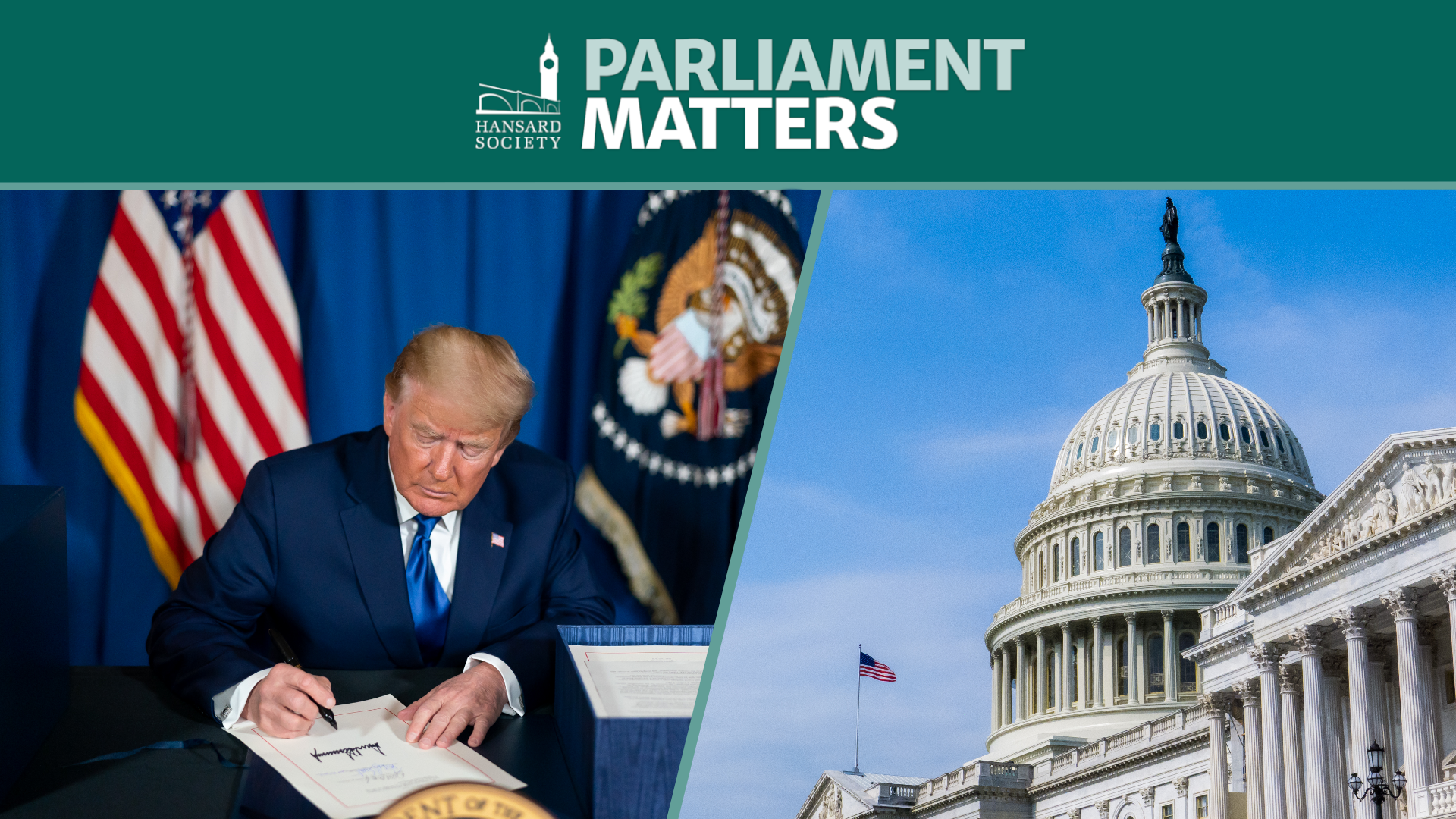Briefings / The assisted dying bill: A guide to the legislative process in the House of Lords
Having passed through the House of Commons, the Terminally Ill Adults (End of Life) Bill - the Bill to legalise assisted dying in England and Wales - must now go through its legislative stages in the House of Lords. This guide explains the special procedures for legislation in the House of Lords, and for Private Members’ Bills in particular. It answers some frequently asked questions, including how Peers might block the Bill, and gives an explanation of each stage of the process, from Second to Third Reading.





